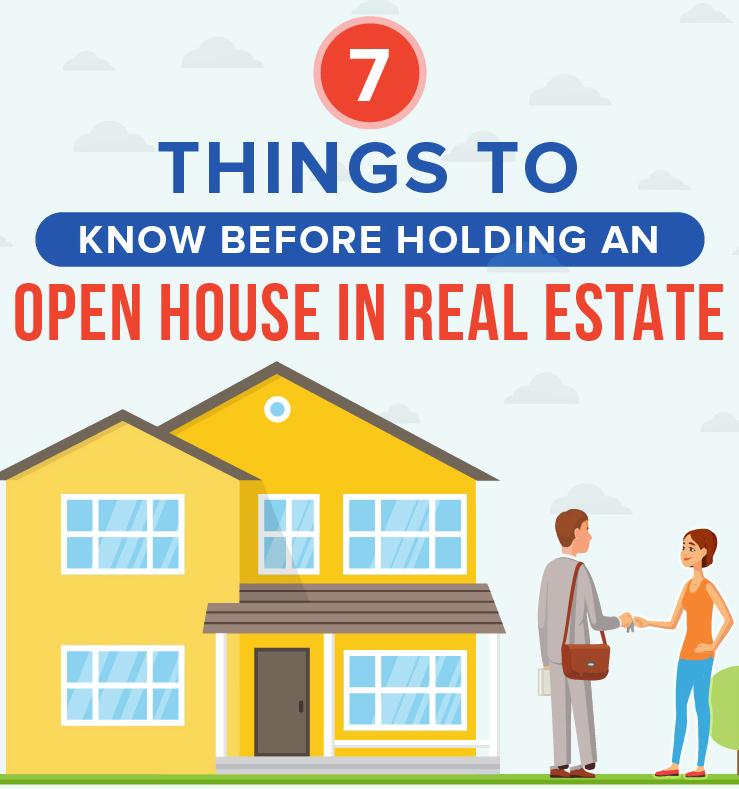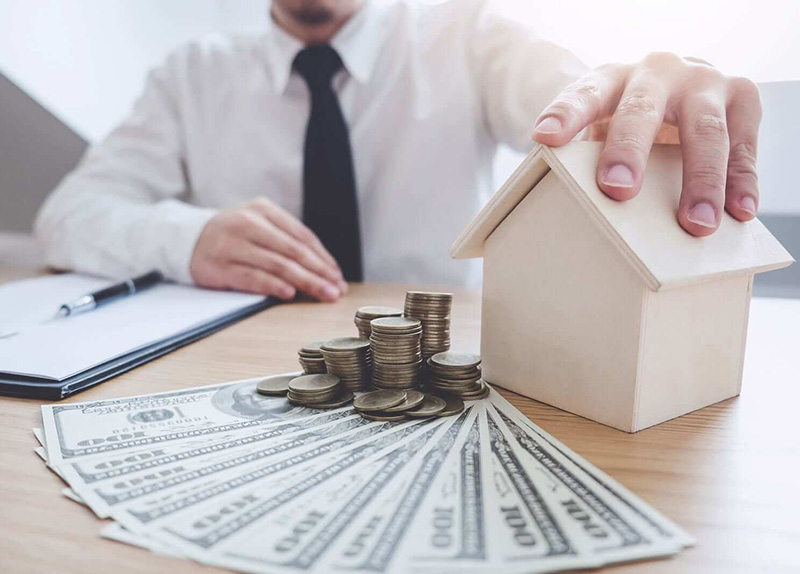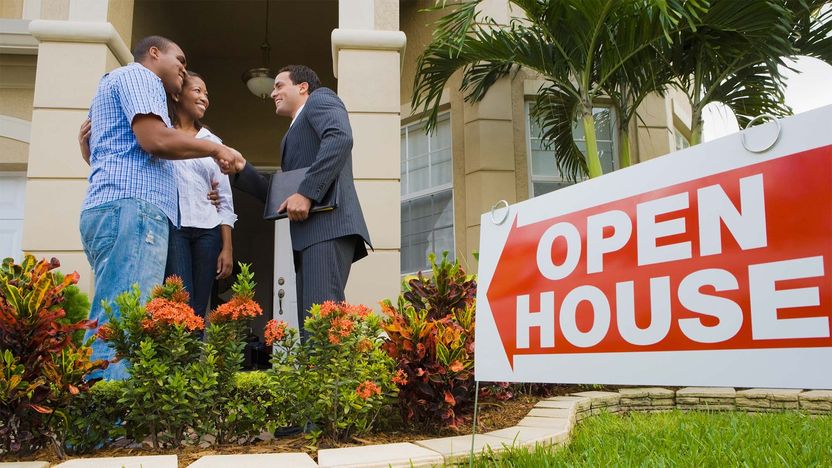
A Florida real estate license will allow you to sell property in Florida. To become licensed, you will need to meet certain requirements and pass a series of tests. There are many different ways to get licensed, but each one requires some planning and careful study.
You must have a high school diploma and pass a background check. After you have completed the required education, you can take the licensing exam.
The test will require you to answer at most 40 questions and score at minimum 70 points. If you score above 70, you can expect to have your license in your hands within 18 to 24 months.

In the event you fail your test, you can still take it again as long as you wait at least 30 days before taking the test again. The exam requires a calculator that is not printable.
Another way to pass the real estate licensing test is to take a pre-licensing course. These courses are available online and in-person. The cost of these courses ranges from $245 to $400. They also cover topics such as common legal terms and terminology, insurance coverage, and the factors that affect the price of a property. A skilled instructor will make sure that you have a great class.
The 63-hour pre-licensing course will provide you with the information you need to obtain a Florida real estate license. You will learn the basics about selling real-estate, including how offers are made, contracts are negotiated, and handling objections. It will also provide you with the knowledge needed to pass the real estate licensing test.
The pre-licensing course, although it is the longest and most tedious part of the process to complete, is also one of the most crucial. It prepares you for the state-approved licensing exam.

You can complete the course at a variety of institutions. You'll need to be able to attend class for at least eight hours every week, no matter whether you enroll in a classroom in your area or an online course. While you're there, you'll be expected to socialize and engage in the real-life activities that the class requires.
Once you are done with your coursework you must apply for your Florida Department of Business and Professional Regulation licensure. A non-refundable application fee will be required before you can submit your application. Further, you will be required to upload proof that you are a high school graduate and a background report. You will then receive approval notice.
Getting a real estate license in Florida will require a bit of research and study. The state-approved prelicensing class, a criminal background check and the real estate exam are all required. You will be able to become an Florida real estate agent after you complete these tasks. If you can meet these basic requirements, you will be able make it to the top.
FAQ
What is a reverse loan?
Reverse mortgages allow you to borrow money without having to place any equity in your property. It works by allowing you to draw down funds from your home equity while still living there. There are two types of reverse mortgages: the government-insured FHA and the conventional. Conventional reverse mortgages require you to repay the loan amount plus an origination charge. FHA insurance covers your repayments.
Is it better to buy or rent?
Renting is generally less expensive than buying a home. It is important to realize that renting is generally cheaper than buying a home. You will still need to pay utilities, repairs, and maintenance. Buying a home has its advantages too. For instance, you will have more control over your living situation.
Do I require flood insurance?
Flood Insurance protects against damage caused by flooding. Flood insurance helps protect your belongings, and your mortgage payments. Learn more about flood coverage here.
What should you think about when investing in real property?
The first step is to make sure you have enough money to buy real estate. If you don’t save enough money, you will have to borrow money at a bank. Also, you need to make sure you don't get into debt. If you default on the loan, you won't be able to repay it.
It is also important to know how much money you can afford each month for an investment property. This amount must cover all expenses related to owning the property, including mortgage payments, taxes, insurance, and maintenance costs.
Finally, you must ensure that the area where you want to buy an investment property is safe. It would be best if you lived elsewhere while looking at properties.
What are the benefits of a fixed-rate mortgage?
Fixed-rate mortgages lock you in to the same interest rate for the entire term of your loan. You won't need to worry about rising interest rates. Fixed-rate loans have lower monthly payments, because they are locked in for a specific term.
Statistics
- When it came to buying a home in 2015, experts predicted that mortgage rates would surpass five percent, yet interest rates remained below four percent. (fortunebuilders.com)
- The FHA sets its desirable debt-to-income ratio at 43%. (fortunebuilders.com)
- 10 years ago, homeownership was nearly 70%. (fortunebuilders.com)
- This means that all of your housing-related expenses each month do not exceed 43% of your monthly income. (fortunebuilders.com)
- Over the past year, mortgage rates have hovered between 3.9 and 4.5 percent—a less significant increase. (fortunebuilders.com)
External Links
How To
How to manage a rental property
You can rent out your home to make extra cash, but you need to be careful. This article will help you decide whether you want to rent your house and provide tips for managing a rental property.
This is the place to start if you are thinking about renting out your home.
-
What is the first thing I should do? Take a look at your financial situation before you decide whether you want to rent your house. You may not be financially able to rent out your house to someone else if you have credit card debts or mortgage payments. Check your budget. If your monthly expenses are not covered by your rent, utilities and insurance, it is a sign that you need to reevaluate your finances. ), it might not be worth it.
-
How much will it cost to rent my house? The cost of renting your home depends on many factors. These factors include the location, size and condition of your home, as well as season. Remember that prices can vary depending on where your live so you shouldn't expect to receive the same rate anywhere. Rightmove estimates that the market average for renting a 1-bedroom flat in London costs around PS1,400 per monthly. This means that if you rent out your entire home, you'd earn around PS2,800 a year. Although this is quite a high income, you can probably make a lot more if you rent out a smaller portion of your home.
-
Is this worth it? Although there are always risks involved in doing something new, if you can make extra money, why not? You need to be clear about what you're signing before you do anything. You will need to pay maintenance costs, make repairs, and maintain the home. Renting your house is not just about spending more time with your family. Make sure you've thought through these issues carefully before signing up!
-
Is there any benefit? It's clear that renting out your home is expensive. But, you want to look at the potential benefits. Renting out your home can be used for many reasons. You could pay off your debts, save money for the future, take a vacation, or just enjoy a break from everyday life. Whatever you choose, it's likely to be better than working every day. And if you plan ahead, you could even turn to rent into a full-time job.
-
How do I find tenants? Once you've decided that you want to rent out, you'll need to advertise your property properly. Online listing sites such as Rightmove, Zoopla, and Zoopla are good options. Once potential tenants contact you, you'll need to arrange an interview. This will help you evaluate their suitability as well as ensure that they are financially secure enough to live in your home.
-
What are the best ways to ensure that I am protected? If you're worried about leaving your home empty, you'll need to ensure you're fully protected against damage, theft, or fire. You will need insurance for your home. This can be done through your landlord directly or with an agent. Your landlord will often require you to add them to your policy as an additional insured. This means that they'll pay for damages to your property while you're not there. If you are not registered with UK insurers or if your landlord lives abroad, however, this does not apply. In such cases, you will need to register for an international insurance company.
-
Sometimes it can feel as though you don’t have the money to spend all day looking at tenants, especially if there are no other jobs. You must put your best foot forward when advertising property. A professional-looking website is essential. You can also post ads online in local newspapers or magazines. It is also necessary to create a complete application form and give references. While some prefer to do all the work themselves, others hire professionals who can handle most of it. You'll need to be ready to answer questions during interviews.
-
What happens once I find my tenant If there is a lease, you will need to inform the tenant about any changes such as moving dates. If this is not possible, you may negotiate the length of your stay, deposit, as well as other details. You should remember that although you may be paid after the tenancy ends, you still need money for utilities.
-
How do I collect my rent? You will need to verify that your tenant has actually paid the rent when it comes time to collect it. You will need to remind your tenant of their obligations if they don't pay. You can subtract any outstanding rent payments before sending them a final check. If you're having difficulty getting hold of your tenant you can always call police. If there is a breach of contract they won't usually evict the tenant, but they can issue an arrest warrant.
-
How can I avoid potential problems? While renting out your home can be lucrative, it's important to keep yourself safe. Consider installing security cameras and smoke alarms. Check with your neighbors to make sure that you are allowed to leave your property open at night. Also ensure that you have sufficient insurance. Finally, you should never let strangers into your house, even if they say they're moving in next door.